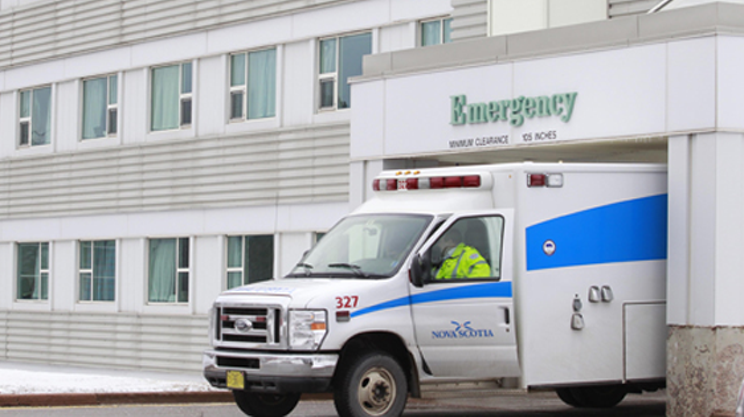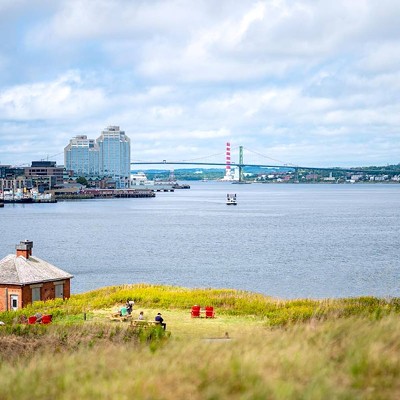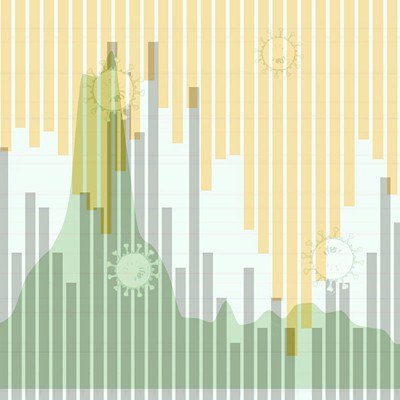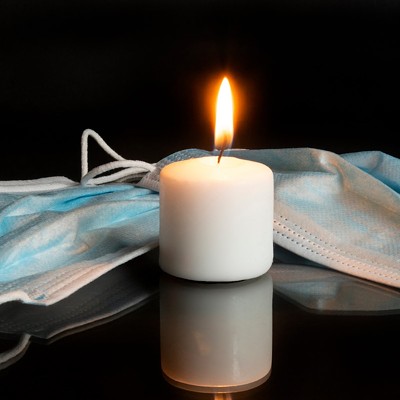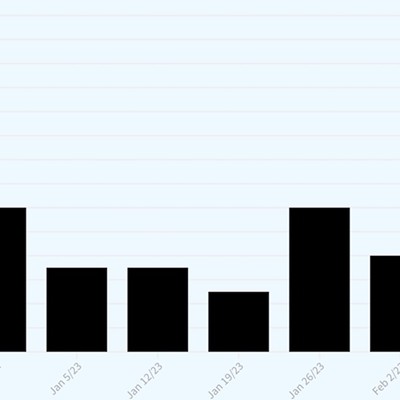On Tuesday May 4, Nova Scotia reported two new deaths related to COVID-19 in the province. The first is a man in his 70s, the second a woman in her 50s, bringing the total number of deaths in the province to 69.
“This is a difficult briefing today,” said premier Iain Rankin when he announced the deaths at a press conference yesterday afternoon with public health head Robert Strang. “On behalf of all Nova Scotians, I want to extend my sincere condolences to their families and their friends.”
Strang explained that both deaths occurred in the Nova Scotia Health Authority's Central zone—Halifax and surrounding areas—and both people died in their homes. “Two more Nova Scotians have succumbed to COVID-19,” he said. “And these people are not cases or numbers, they are family, friends and neighbours.”
“This is not a joke, it isn’t an annoyance and it isn’t a conspiracy. COVID is here, it’s real and it can kill.”
tweet this
Citing concern for the families' privacy, Strankin wouldn't reveal many details of the deaths. But they made clear that the cases progressed quickly. “One of the people who died was not even known to public health as a positive COVID-19 case, yet COVID-19 was found to be their cause of death after they succumbed,” said Strang.
“It’s fairly safe to assume, if somebody’s out in the community,” he said at another point, “that their illness has progressed fairly quickly.”
In recent days, public health has waived the fees on ambulances for anyone with COVID or COVID-like symptoms. “If you’re feeling symptoms from COVID and if you have difficulty breathing at home, please call an ambulance, we will waive that fee,” said Rankin. “Do not struggle at home because you’re worried about the cost, get to the hospital.”
While Strang didn’t explicitly say ambulance issues were involved in these deaths, he didn’t deny it, either. “The illness we are seeing in Nova Scotia from the variants can progress quickly and give people severe symptoms, sometimes in as little as 12 hours,” he said. “So please, if you need urgent medical attention, if you know you have COVID or not, call 811 or 911 immediately. The disease may not give you time to wait.”
The 50-something woman is also the second-youngest person to die in Nova Scotia—after 37-year-old Derrick Carvery died at Northwood during the first wave. It’s unknown whether the woman had any pre-existing conditions.
We also don’t know whether either person who died had gotten any dose of any vaccine. According to a slideshow released by the province on April 30, 86 percent of 70-to-74-year-olds and 89 percent of 75-to-79-year-olds have at least one shot by now.
Among 55-to-59-year-olds, 35 percent were vaccinated with at least one dose. But for 50-to-54-year-olds, who were not eligible for the mRNA vaccines by April 30, only 10 percent were vaccinated.
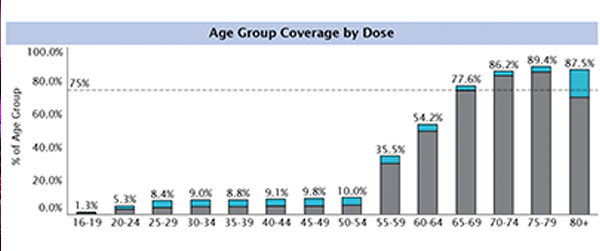
“We are at a crucial point in this pandemic and we need to continue to follow the rules,” said Rankin. “COVID and its variants are vicious and we need to take this seriously. The science tells us so. People are sick and dying and we don’t want that in our province.”
As active cases climbed to over 1,000 on Tuesday, Strang said the backup in testing from last week is finally cleared. “Starting tomorrow the case numbers that we report should reflect new cases identified in the last few days,” he said. And with the province being a full week into tighter lockdown restrictions, he added, “I anticipate that our case numbers will start to slowly decrease in the days ahead.”
But that’s no reason to back off on public health measures or testing. “This is not a joke, it isn’t an annoyance and it isn’t a conspiracy,” said Strang. “COVID is here, it’s real and it can kill. And it’s putting our health system–which we all rely on for one reason or another—at risk.”

![“Do not struggle at home because you’re worried about the [ambulance] cost.” COMMUNICATIONS NOVA SCOTIA](https://media1.thecoast.ca/thecoast/imager/what-we-dont-know-about-nova-scotias-two-recent-covid-deaths-2/u/original/26363933/ns-ambulance.png?cb=1680201728)

